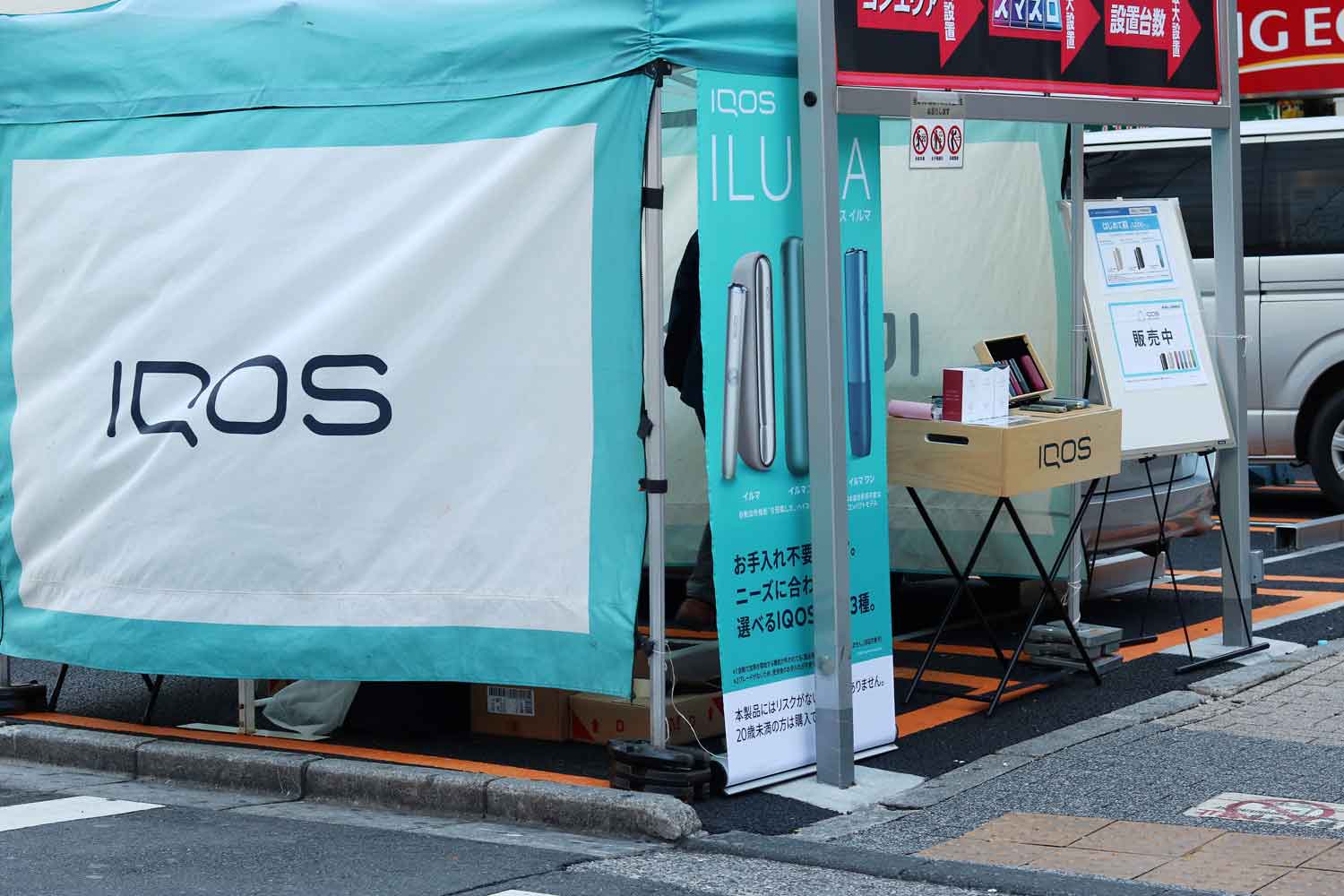BAT has opened a new state-of-the-art Innovation Centre at its global research and development (R&D) headquarters in Southampton. The center will be key in continuing the company’s transformation as it builds “A Better Tomorrow.”
The £30 million ($38.55 million) facility strengthens and deepens BAT’s R&D capabilities. It provides nine specially designed technical spaces to aid the development of BAT’s portfolio of Reduced Risk Products, according to a press release.
These spaces are dedicated to researching modern oral nicotine pouches, liquids, and flavors for vapor products, heated tobacco products, and well-being and stimulation beyond nicotine. The investment will also support work on packaging, engineering, innovation development, and system integration.
“The opening of this new facility marks an important milestone in BAT’s transformation and will play a key role in making a smokeless future a reality. Evidence provided by objective world-class science is essential to facilitate the migration of adult smokers to smokeless products and support public health objectives,” said James Murphy, BAT’s director of Research and Science. “The investment in our Innovation Centre will support the cutting-edge research and product development efforts of our global R&D team for many years to come.”
The new facilities will bring together cross-functional and key R&D teams – with 400 specialized scientists and engineers drawn from various advanced fields, including biotechnology and clinical trials. Intended to accelerate the development of the next generation of BAT’s New Category products, their work includes developing the robust scientific evidence necessary to encourage adult smokers to switch to less risky alternatives.
To date, R&D carried out in BAT’s Southampton facilities has produced over 200 peer reviewed studies for smokeless products published in scientific journals and has contributed to BAT’s filing of hundreds of patents a year. BAT is listed as one of the top patent filers in Europe as the company continues to develop smokeless products.
The new Innovation Centre is the latest example of BAT’s commitment to invest in the highest standards of scientific research and product development to support its ambition to reduce the health impact of its business and deliver “A Better Tomorrow.”
BAT’s refined strategy has committed the company to “Building a Smokeless World” and becoming a predominately smokeless business, with 50 percent of revenue generated from Non-Combustibles by 2035.
BAT’s site in Southampton, the home of its R&D operations since 1956, is one of the largest employers in the region, with over 1,000 current employees drawn predominantly from across the UK, and a local supply chain with over 25 suppliers based within a 30-mile radius.
The company’s UK operations support 7,100 jobs across the wider economy and contribute over £300 million to the UK’s GDP. The opening of the Innovation Centre exemplifies BAT’s commitment to and ongoing investment in the UK, marking the first stage of an eight-part, multi-phase refurbishment program for BAT’s entire Southampton campus.
Globally, BAT has over 1,600 R&D specialists spread across the UK, US, Brazil, Indonesia, Malaysia and China. The £30 million investment in the Southampton facility follows the opening of BAT’s Innovation Centres in Trieste (Italy) in 2021 and in Shenzhen (China) in 2022, and an investment of £300 million a year in R&D to develop New Category products and establish substantiation of their reduced risk potential.




















